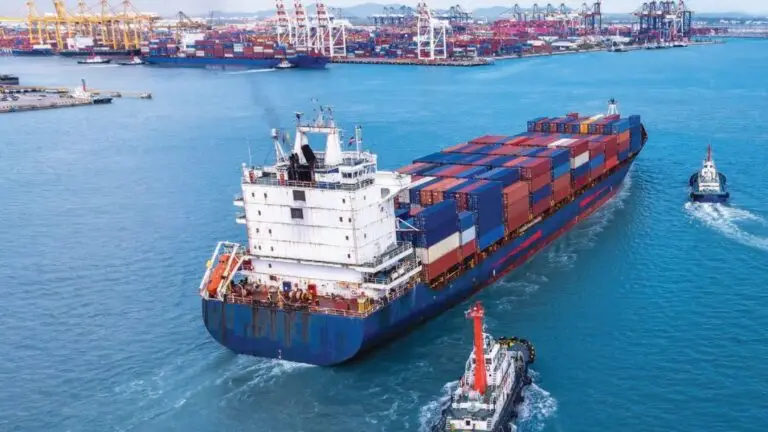From the outside, the Caribbean looks like the crown jewel of global shipping. Every week, hundreds of vessels cut through its turquoise waters, ferrying goods, fuel, tourists, and profit. Yet for the nations whose flags flutter on these ships and whose ports keep them moving, the returns are marginal — a few fees here, a few dockage charges there. The sea enriches everyone except its guardians.
Who Really Owns the Water?
The irony is striking: the Caribbean collectively registers close to a fifth of the world’s shipping tonnage through so-called “flags of convenience.” On paper, that means these islands hold sovereign authority over thousands of vessels. In practice, most of that leverage is surrendered — ports are managed by foreign firms, shipping lines dictate terms, and sustainability clauses are missing in billion-dollar contracts.
The region, in effect, has power but does not wield it.
The Cost of Open Doors
Cruise tourism and cargo throughput remain seductive. Politicians tout jobs created, hotels filled, and the allure of being a logistics hub. But the trade-off is stark. Ecosystems are scarred by untreated waste. Ports, in some cases, run on fossil-heavy equipment while renewable-ready alternatives sit on the shelf. And every concession signed without green conditions locks the Caribbean into decades of reactive clean-up instead of preventive policy.
Examples in Contrast
Some islands are breaking pattern. Barbados powers terminal operations with renewable energy. Antigua has positioned its new expansion for solar scalability. These steps prove the technology exists, the models exist — what’s missing is the will and coordination. Jamaica, by comparison, remains weighed down by concession contracts drafted without sustainability obligations, leaving operators to chase profit with little incentive to reinvest.
Private Players as Enforcers
Interestingly, multinational companies headquartered in the region are filling gaps governments have left. Exporters shipping to dozens of countries now impose their own ESG screening on carriers. Procurement contracts with sustainability audits create pressure that regulation hasn’t. It’s a quiet assertion of Caribbean values — but carried out by corporations, not states.
Beyond Green: True Sustainability
For the region’s thinkers, sustainability isn’t just environmental. It’s political unity, economic independence, and social resilience. The Caribbean often adopts conventions written in London or Geneva, but rarely exports its own. Until it acts as a bloc — not a set of competing ports — its maritime sovereignty will remain theoretical.
The Choice Before Us
The Caribbean sits on ocean wealth unmatched in scale. But as long as its leaders chase fragmented gains, the waters will remain a paradox: billions flowing through, pennies trickling down. To shift course, the region doesn’t need more ships — it needs more courage to act as one.






